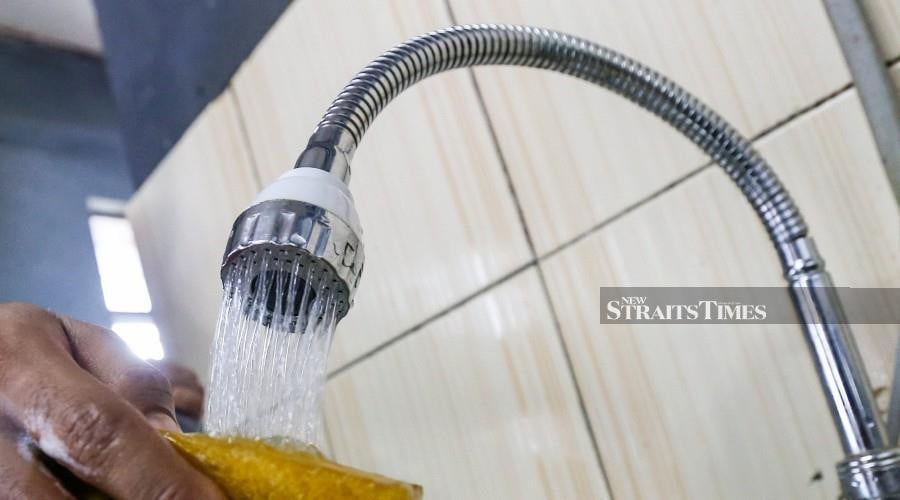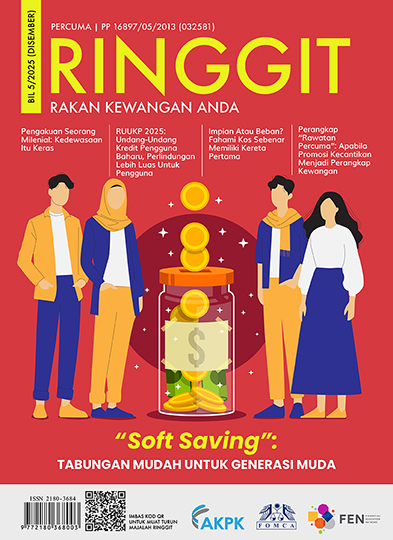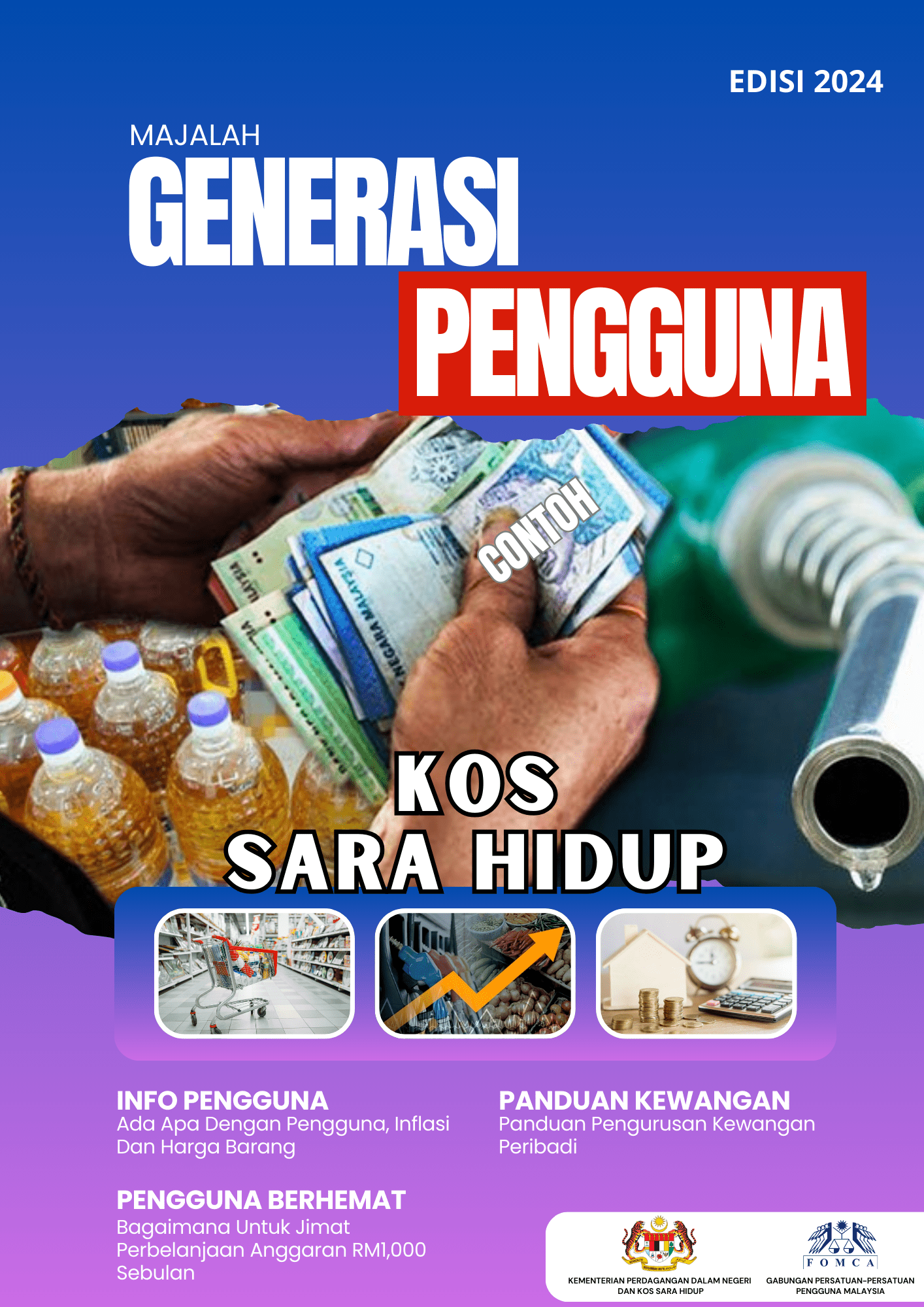 KUALA LUMPUR: The additional revenue obtained by water concessionaires from the adjustment to the domestic water tariffs effective Feb 1 must be channelled to improving water supply services and infrastructures, a consumers association said.
KUALA LUMPUR: The additional revenue obtained by water concessionaires from the adjustment to the domestic water tariffs effective Feb 1 must be channelled to improving water supply services and infrastructures, a consumers association said.
The Federation of Malaysian Consumers Associations (Fomca) also urged the National Water Services Commission (Span) to outline the action plans and key performance index related to the water distribution network expansion and the replacement of aged infrastructure.
This, Fomca chief executive T. Saravanan said, was to justify the increase in the water tariffs, which will see domestic users in the peninsular and Labuan pay an average 22 sen more for every cubic metre of water.
"Even though, Fomca was not involved by the relevant authority in any stakeholders engagement for the tariff increase, the associations welcome the move for the tariff revision as it has remain unchanged for the last two decades.
"Any tariff increase in any sector, however, should be justified based on the needs.
"Based on feedback from consumers, there are still lots of complaints and inquiries about water disruptions, murky water supply, frequent unscheduled water cuts and low water pressure. The tariff increase will be justified if the water operators address these issues," he said.
On whether the quantum of increase was deemed expensive, Saravanan said this would depend on the consumption of the respective consumers.
Nevertheless, he called on the government to continue providing assistance to vulnerable domestic users, especially those belonging to the B40 income group, to mitigate the impact of the introduction of the new water tariffs.
"The new water tariff is expected to involve bill charges ranging from RM1.60 to RM8 for each residence or five to 27 sen per day for household consumption of 20 cubic meters per month.
"Whether it's going to be expensive or not, it will be based on the people's consumption. The higher the usage, the higher the bill will be," he said.
Saravana also highlighted another important issue, that Non Revenue Water (NRW) was still high among water operators.
"Since the government wants the consumers to save water, the same should be applicable to all the water operators, to further reduce their NRW.
"For now, the tariff increase will allow the water operators to improve the infrastructure and enhance their distribution networks. Hopefully the services will improve and safe and quality water will be provided to all the rakyat in Malaysia without disruption," he said.
Meanwhile, Malay Traders and Hawkers Association of Malaysia Perlis branch chairman Dr Ammar Hassan said he hoped targeted subsidies as well as assistance for the B40 to minimise the impact of the increase in the water tariffs could also be extended to small and petty traders in the country.
The increase of an average 22 sen for a cubic metre water, he said, was significant and was a burden to petty traders, especially those whose businesses rely on the use of water.
"The earnings of most petty traders is similar to that of 'kais pagi makan pagi, kais petang makan petang' (living from hand to mouth).
"The increase of 22 sen is quite high for hawkers and petty traders, especially those operating business in the rural areas and that could affect their operating costs.
"Therefore, we hope that the government will ensure the targeted subsidies introduced to help people in the B40 income category would reach the targeted recipients, including hawkers and petty traders," he said, adding that there are around 5,000 petty traders and hawkers in the state.
If no assistance was chanelled to petty traders and hawkers, Ammar said he feared the increase in the water tariffs would either burden the group or be passed on to consumers.




